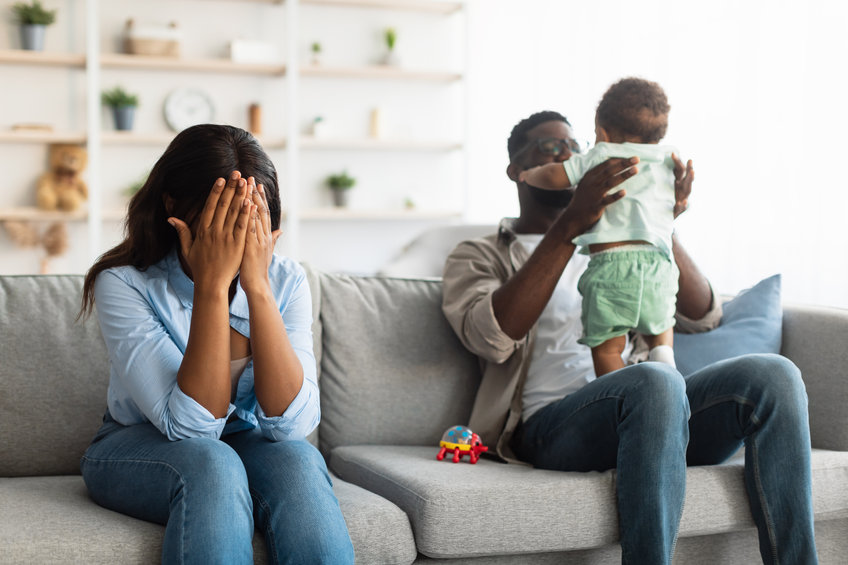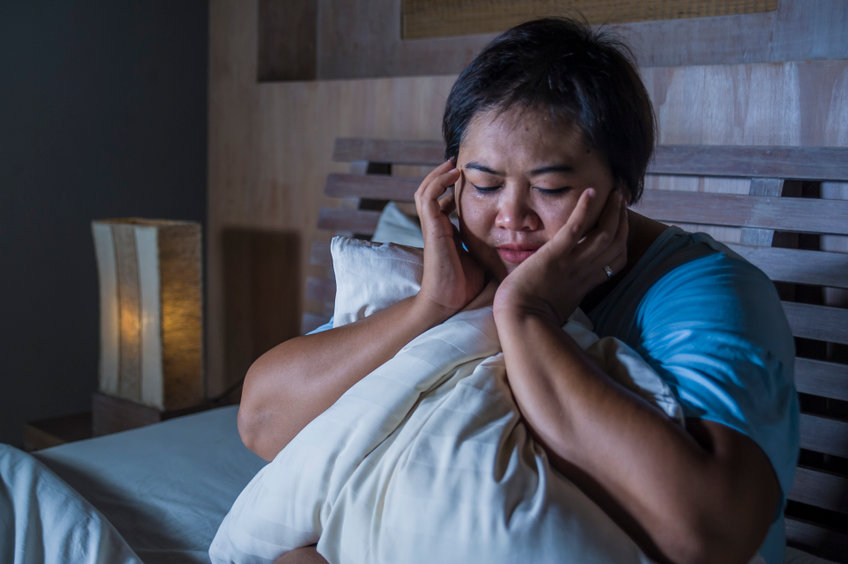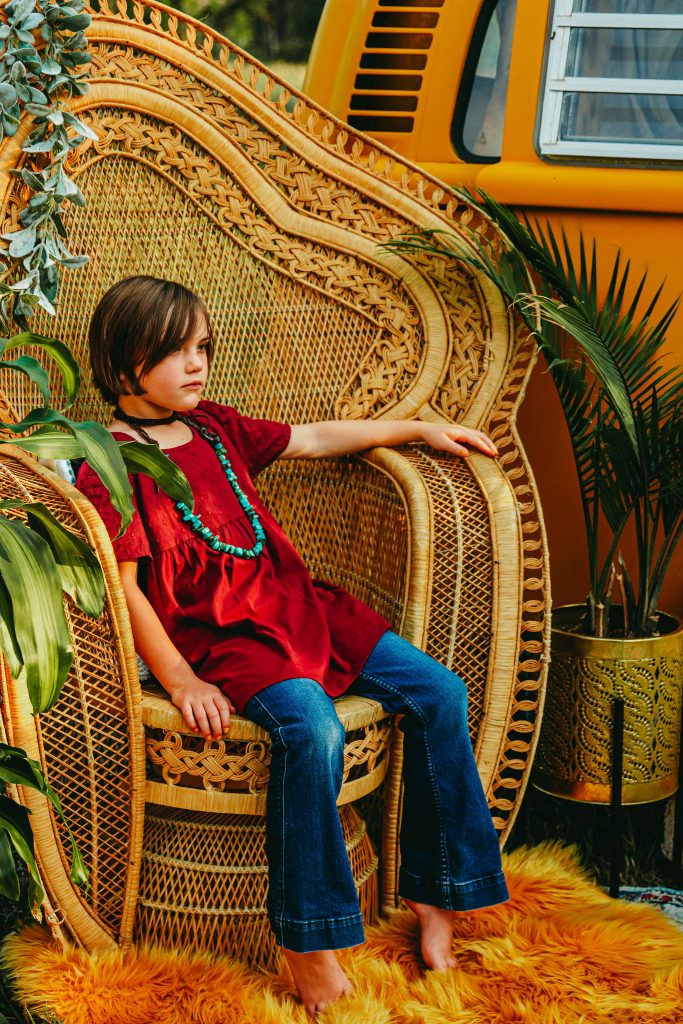Is My Anxiety Giving My Child Anxiety?
Posted March 11, 2022 by Guest Poster -

Is my anxiety giving my child anxiety?
OR
How generational trauma and anxiety affects the women and children in our lives.
NOTE: Here at PrairieWifeInHeels.com we strive to offer support to our readers, and sometimes that means having experts help us out. While I personally have struggled with depression in various forms, anxiety is something that I do not have personal experience with. But I see over and over how it affects so many women (and their families) that I love. So, when it came to pick a topic for this month’s guest post from the mental health experts at CharlieHealth.com I knew exactly what I wanted them to write about. Hopefully, you’ll find this post educational AND helpful, and know that there are resources at the bottom for both you and your family. XOXOX Prairie Wife
What is transgenerational trauma?
Transgenerational trauma is uncovering how the experiences of our parents affect the development of us and our children biologically, socially, emotionally, and mentally (1.)
This understanding of transgenerational trauma started post World War 2, looking into the experiences of Holocaust survivors and how it affected their offspring down the line. Researchers found that even the grandchildren of survivors had effects from the trauma. Acute stress and violence even affects embryo development, not to mention how parents’ personalities were permanently changed, subsequently affecting their relationships with their own children (2.)
However, transgenerational trauma is not reserved only for those who have experienced decades of war and racism.
We see the effect of transgenerational trauma every day, and women are particularly affected.

How does transgenerational trauma affect women?
Transgenerational trauma affects women in several particular ways. Women are more likely to have experienced adverse childhood experiences- including physical and sexual abuse, and emotional and physical neglect.
Thus, their children down the line may also feel these effects. (3.)
And because of the imperfect world we live in, many women grow up feeling an ever-present sense of “danger,” more so than our male counterparts. This puts many women in a state of constant hypervigilance and increased anxiety, which affects how we interact with our partners and children.
That awesome women’s intuition we all have might stem from the fact that women have historically (and today in many places) been easy targets for abuse, violence, and harassment, but that’s a conversation for another day.
How does this affect my kids?
Not only can the stress, anxiety, and issues we face in our lives be passed down biologically to our children, but how we interact with them and the lessons they learn from us can also impact their lives. If we are constantly in an anxious state, children may learn:
– The world is a dangerous place
– Unpredictability and the unknown should be feared
– People cannot be trusted
– “Us against the world” mentality (4.)
Now, of course, a safe level of caution is a valuable thing to teach children, but if children learn that safety is a scarcity, it can have major consequences for their own mental health.
This brings on unwanted stress, anxiety, and a negative worldview that can follow them for the rest of their lives.

What can I do to make sure my anxiety does not get passed along to my children?
Understand your own triggers- if you can learn what triggers your own anxiety, you can learn to make a plan around unwanted feelings, panic attacks, and anxious episodes to decrease the frequency of episodes in front of your kids.
Model Stress Management- when you are experiencing stress, try to use a calm, even demeanor around your kids when talking to them. Let them know that stressful things happen, but modeling handling difficult situations with grace can go a long way.
Share your experiences- It is totally okay to explain your anxiety to your kids- have an open, developmentally appropriate conversation about the things that make you anxious, why they make you anxious, and what you are doing now to help manage these feelings. Letting our kids know that some level of anxiety is very normal can help them to manage their own experiences.
Reach out for help- if your child’s or your own anxiety is reaching an unmanageable level- reach out for help. Talk to a therapist or support group to learn tools to manage your anxiety. (5.)
References
Dashorst, P., Mooren, T. M., Kleber, R. J., de Jong, P. J., & Huntjens, R. (2019). Intergenerational consequences of the Holocaust on offspring mental health: a systematic review of associated factors and mechanisms. European journal of psychotraumatology, 10(1), 1654065. https://doi.org/10.1080/20008198.2019.1654065
Haahr-Pedersen, Ida et al. “Females have more complex patterns of childhood adversity: implications for mental, social, and emotional outcomes in adulthood.” European journal of psychotraumatology vol. 11,1 1708618. 10 Jan. 2020, doi:10.1080/20008198.2019.1708618
This post was written by a Charlie Health employee and mental health professional as part of a partnership with PrairieWifeInHeels.com that lasted from August 2021 – May 2022
Categories: Health and Wellness, Parenting, This and That
Tags: , anxiety, anxiety in kids, anxitey with kids, moms with anxiety, support for anxiety, transgenerational trauma, women and anxiety
Previous Post « A Few Books To Help You Survive Until Spring
Next Post Thinking About A Vegas Family Vacation? Here’s What You Need To Know. »





